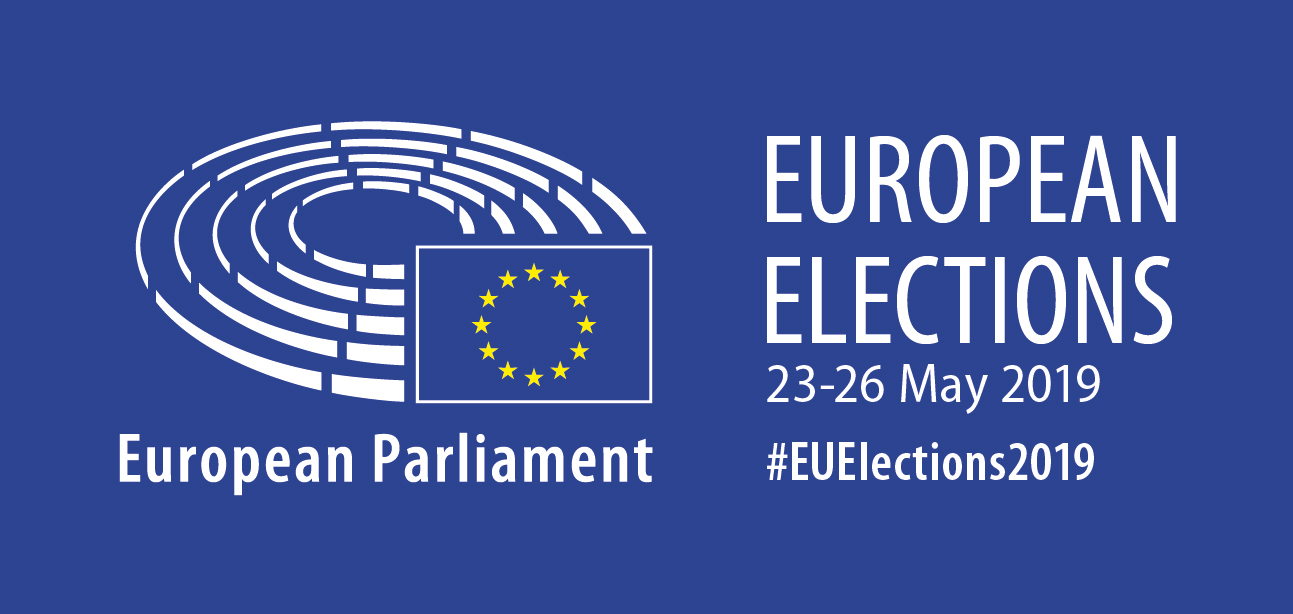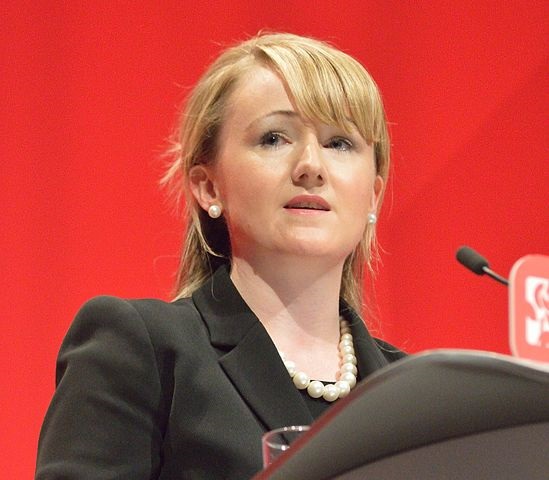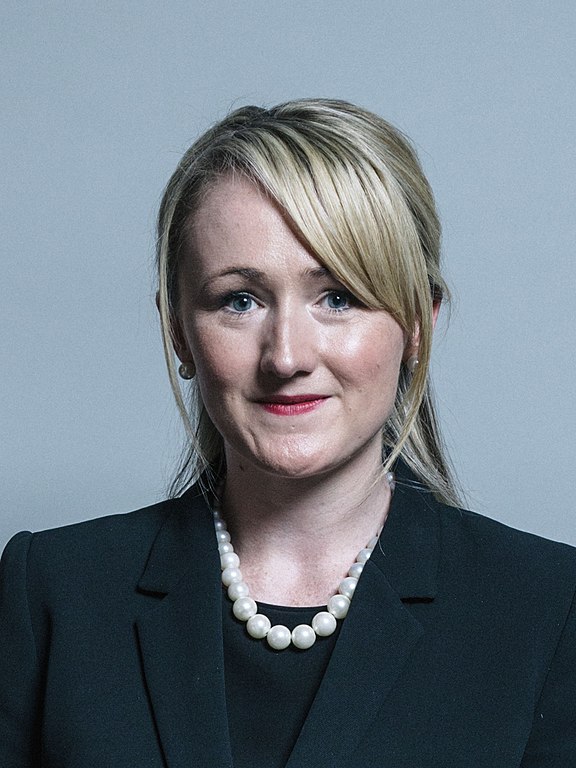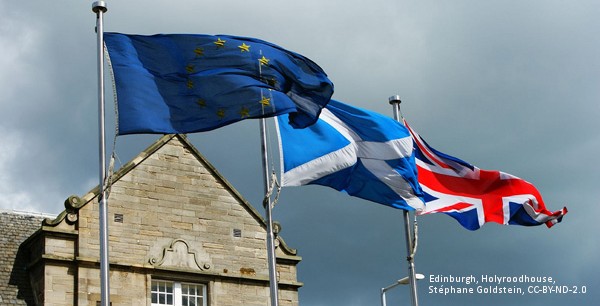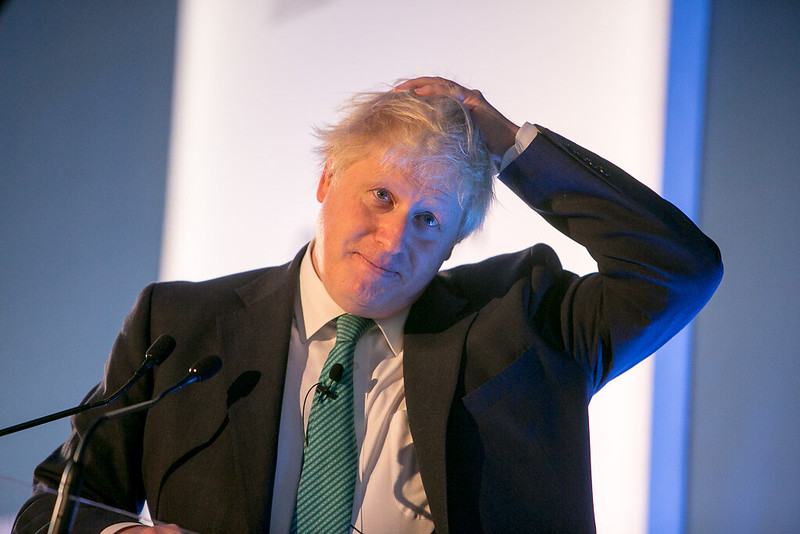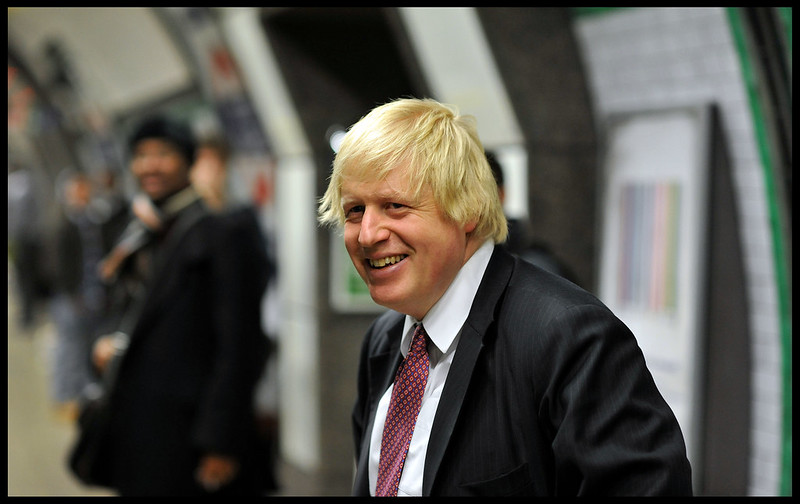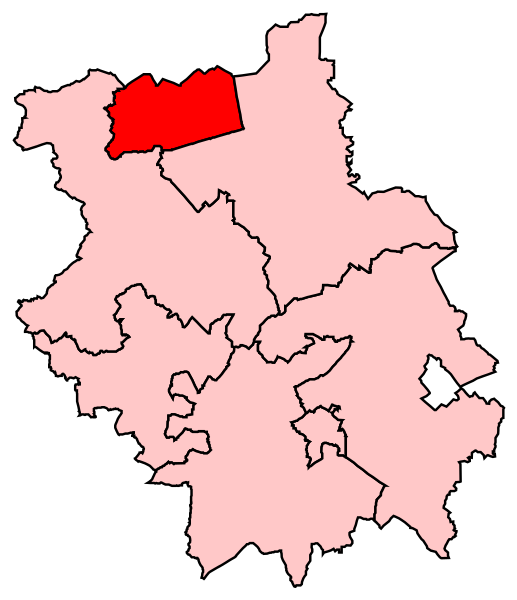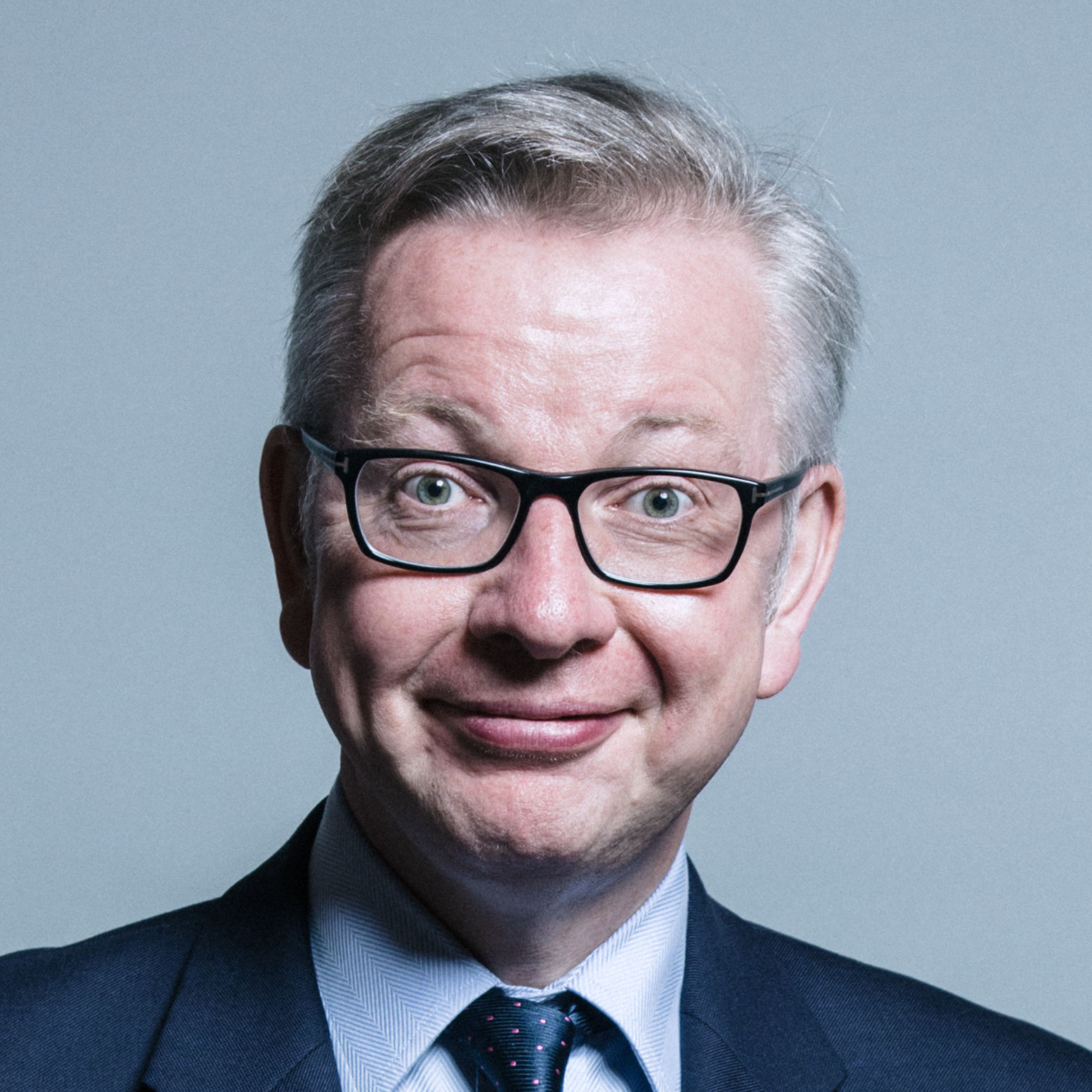28 May 2019 | ANALYSIS
The parties with the clearest messages prospered in the 2019 European Union parliamentary elections as support for the mainstream parties haemorrhaged. Constructive ambiguity proved detrimental for Labour whereas the Conservative Party was punished for failing to deliver Brexit on March 29th. Nigel Farage’s newly formed Brexit Party attained 31.6 per cent of the vote, surpassing UKIP’s historic achievement in 2014, and the anti-Brexit, Liberal Democrats polled in second. Their simplistic and effective message was rewarded, particularly in London, where they polled ahead of Labour in the region.
One should remain cautious about overstating the impact of these elections. The main message that should be taken away is that the country remains heavily divided. It is too simplistic to interpret the outcome of the elections as a mandate for a particular type of Brexit or a demand for a second referendum.
Unlike general elections, EU parliamentary elections are second-order contests. This means that less is at stake; the incumbent national government is not removed from office if they experience a difficult night at the polls. As was the case in France, European elections can be framed into a mid-term or a referendum on the national government.
An element of protest was clear behind the voting behaviour in these elections. Compared to 2014, both the Labour and Conservative Party experienced a decline of approximately 11 per cent and 15 per cent respectively. With Brexit dominating the political discourse, the alienation of both parties was synonymous with their failings in trying to resolve the European question. The Liberal Democrats benefitted greatest from Labour’s ambiguous stance whereas the Brexit Party primarily exploited the failings of the Conservative government. 64 per cent of Leavers and 53 per cent of 2017 Conservative voters voted for the Brexit Party. The occurrence of these elections symbolised the government’s failure in negotiating Brexit.
Turnout also corresponds with the level of political apathy. Nationally, turnout was 37 per cent, marginally higher than in 2014. A surge was evident in Remain council areas, notably in Wandsworth, where turnout increased by over ten per cent. Turnout in Bristol and Monmouthshire increased by approximately seven and nine per cent respectively. Enthusiasm in Leave councils was muted and even transformed into apathy. Turnout in Sunderland, Wigan, South Derbyshire, for instance, remained static, whereas, staunchly Eurosceptic areas such as Rochdale, Basildon, Great Yarmouth and Thurrock experienced a decline compared to 2014.
Contrastingly to general elections, European Union citizens were eligible to vote which may be an explanation behind increases in turnout in Remain locations. However, apathy can be explained through disengagement and disillusionment caused by Brexit as the process has proven to be far more complicated than advertised in 2016. Or, the decline in turnout in the aforementioned council areas could be perceived as a boycott as the elections are a symbol of the UK’s failure to withdraw from the EU.
Labour leader, Jeremy Corbyn, considered the elections to be a proxy referendum on the European issue. The elections were operating within the political uncertainty of failing to deliver Brexit, so naturally, the issue could not be separated from these elections. However, despite the clear positions on EU withdrawal advocated by the Lib Dems and Brexit Party, it is reductionist to argue that the elections were a form of a plebiscite on the European question. The Greens received 12 per cent of the vote, yet the party’s approach towards environmental issues, as opposed to Brexit, was the primary driver in influencing voting behaviour. Whilst not disputing the effectiveness of their anti-Brexit strategy, the SNP’s competence vis-à-vis other parties was credited as the salient motive. Brexit was a secondary issue for Conservative and Labour voters who premised their vote on tribal loyalties.
Political spin is used to manipulate election results into a convenient narrative. It is misleading to create such a narrative using Sunday’s election results. Remain sympathisers have added up the percentage of the vote achieved by pro-EU parties and have concluded it is a sign that public opinion has changed, simply because the collective total vote of the Lib Dems, Change UK, SNP, Greens and Plaid Cymru outnumbers the 34.9% who voted for Brexit Party and UKIP. Despite pursuing a course of action to leave the EU, the Conservatives are not included. With the Conservative Party included, the Leave vote share would be 44 per cent, whereas Remain would trail on 40.4 per cent.
Tory leadership candidate, Rory Stewart, announced that he would not countenance the prospect of a ‘no deal’ Brexit, describing it as damaging and unnecessary. In the event of a Eurosceptic Tory being elected then the party would countenance leaving the EU without a formal arrangement. This is an electoral strategy, designed to mitigate the potential impact of the Brexit Party on the Conservatives’ electoral fortunes. David Cameron, to a large extent, embraced the prospect of a referendum in order to ‘shoot the UKIP fox’.
Due to the low turnout, the elections did not produce a mandate for a ‘no deal’ Brexit, despite Farage topping the polls. The party received in excess of 5 million votes, which translated into one in eleven voting for the party when the entire electorate is considered. Also, 76% of Brexit Party voters believed the party had the best policy on Brexit, but 84% supported Farage in order to express dissatisfaction of the Conservative government’s handling of Brexit. It is evident that the country remains bitterly divided on the issue of Europe. Both the Remain and ‘no deal’ positions have become entrenched to the extent that it has become a form of attrition warfare. Whilst not a second referendum in its own right, the consequences of these elections look set to form the foundations of a public vote with both parties veering towards the extremities.






